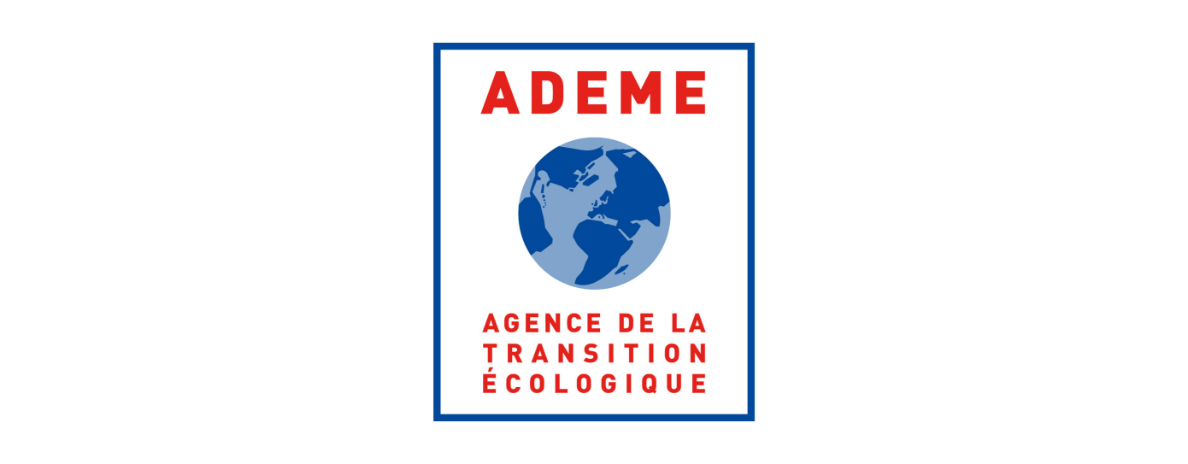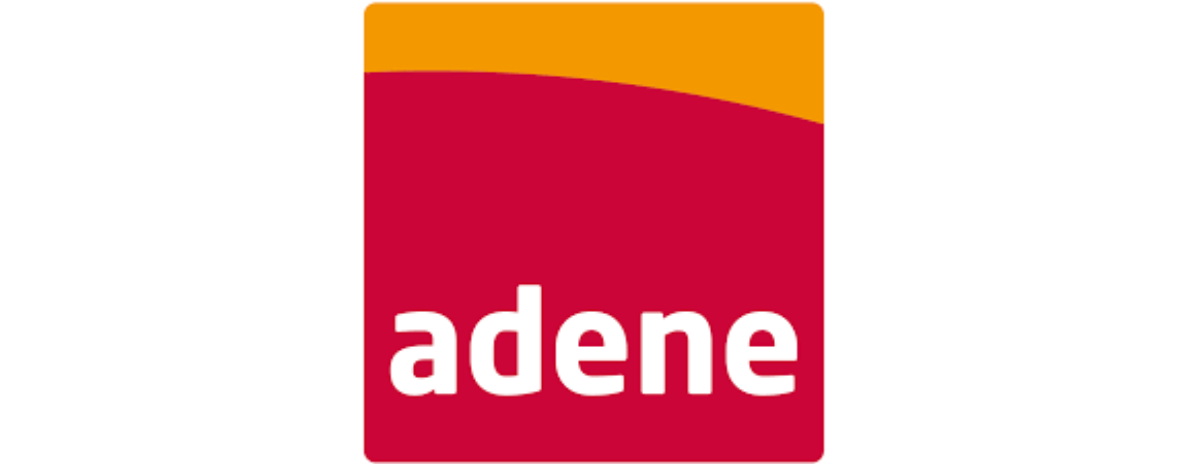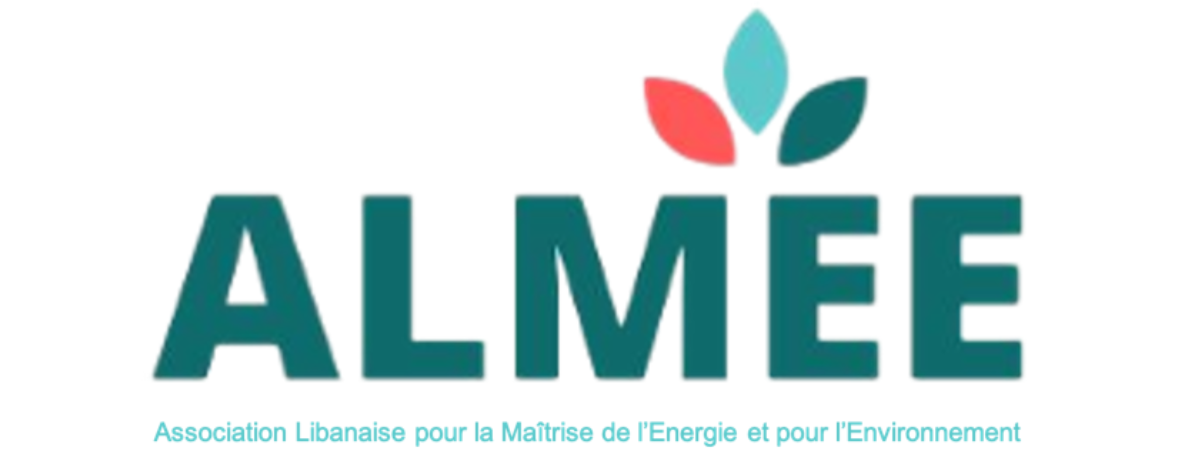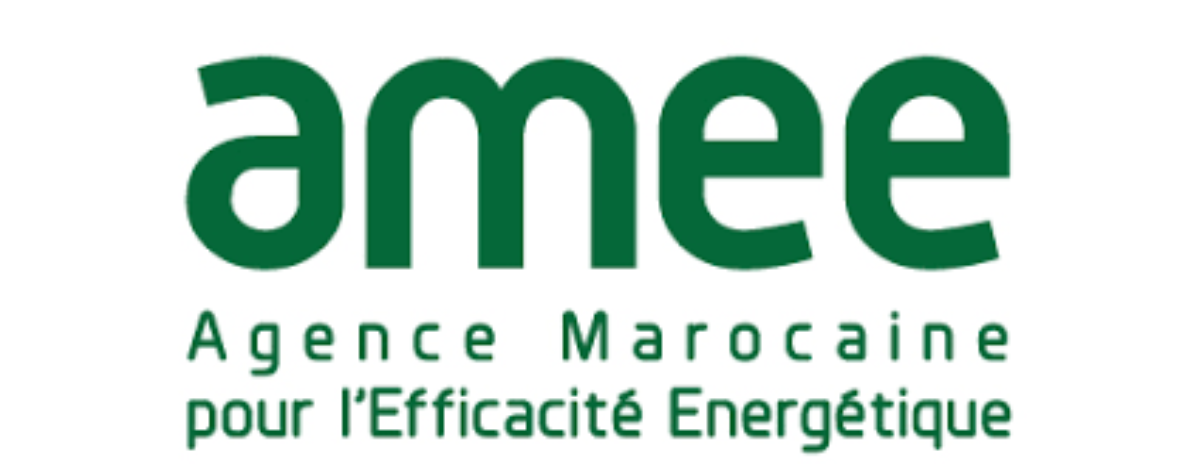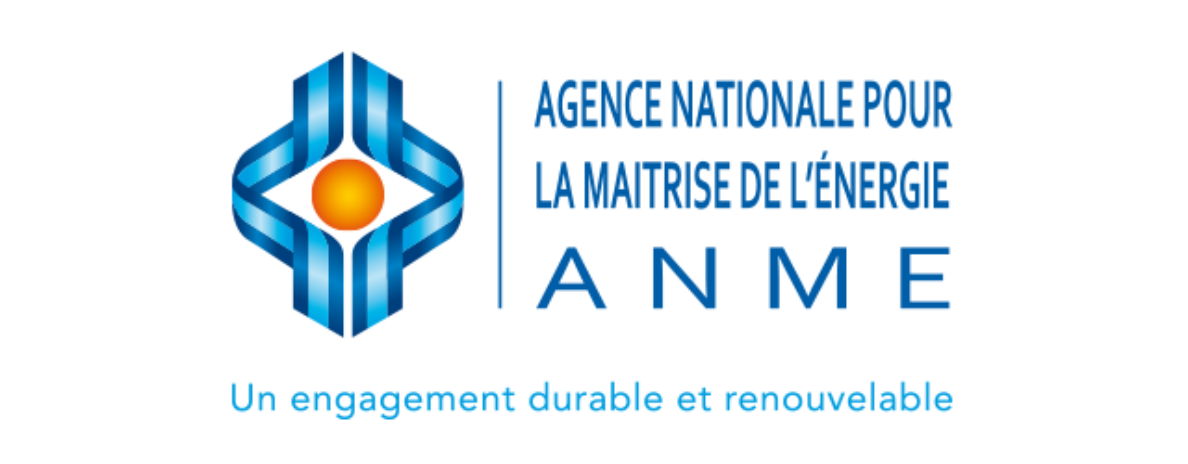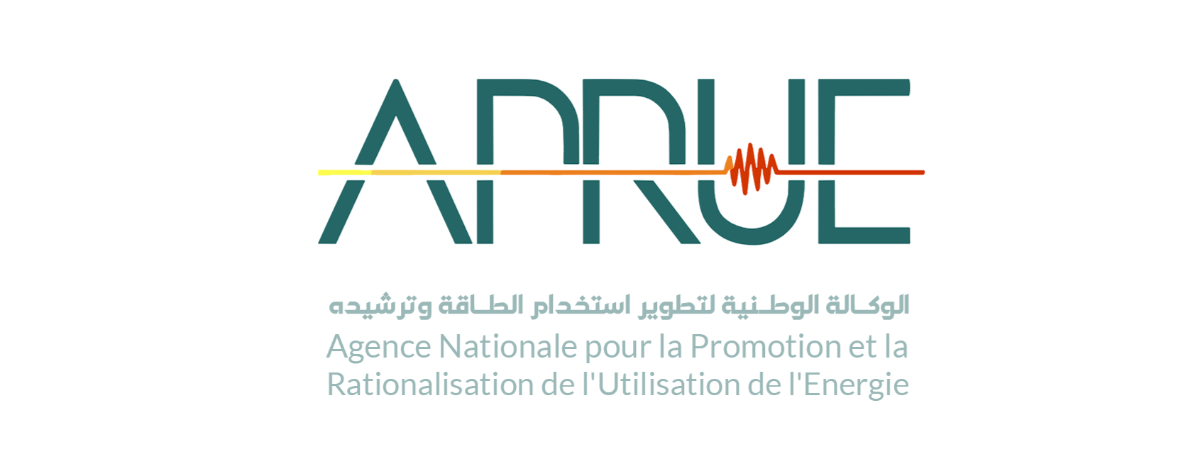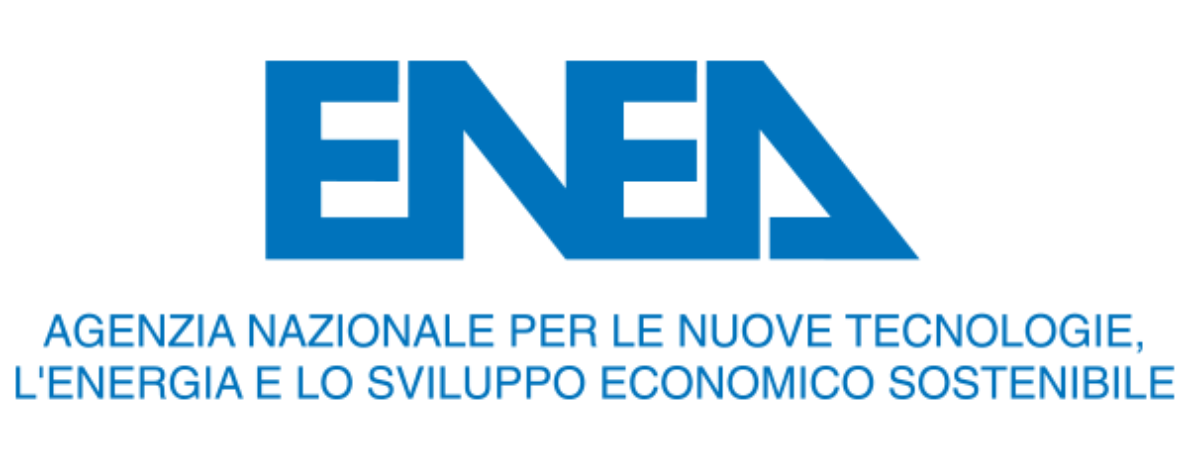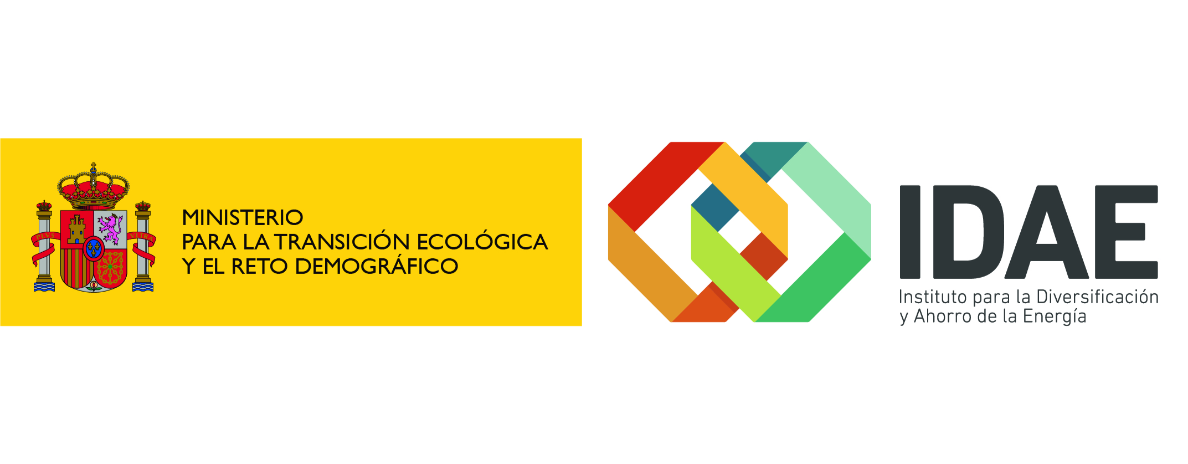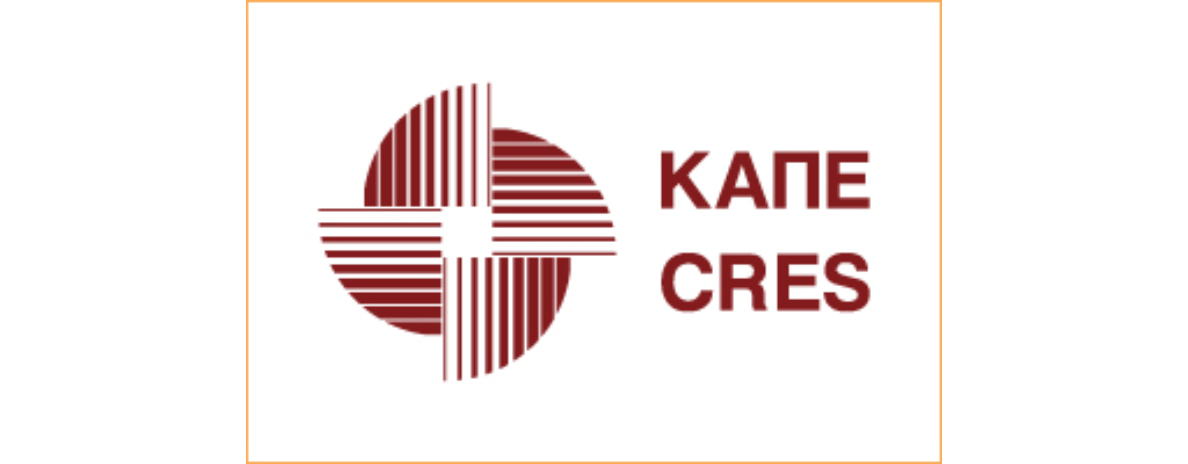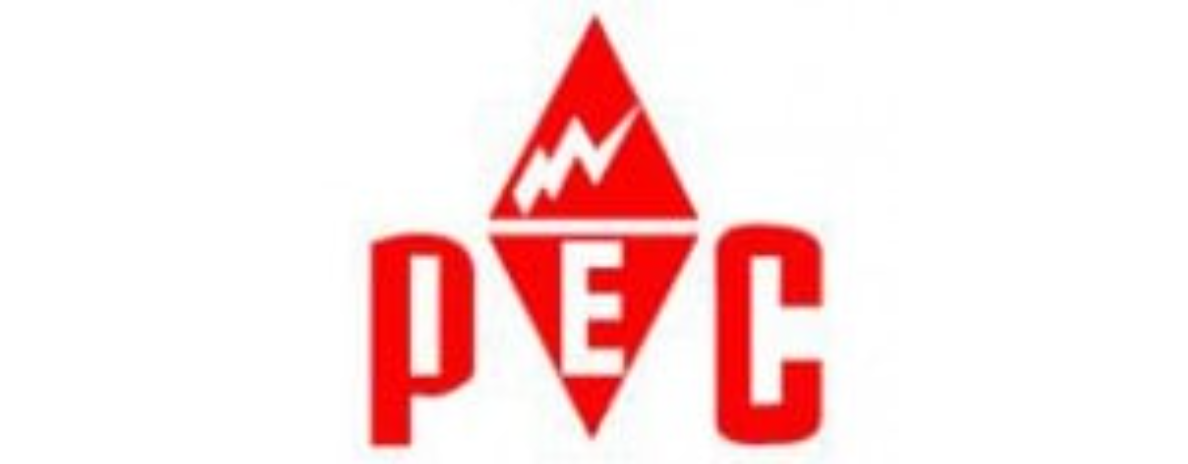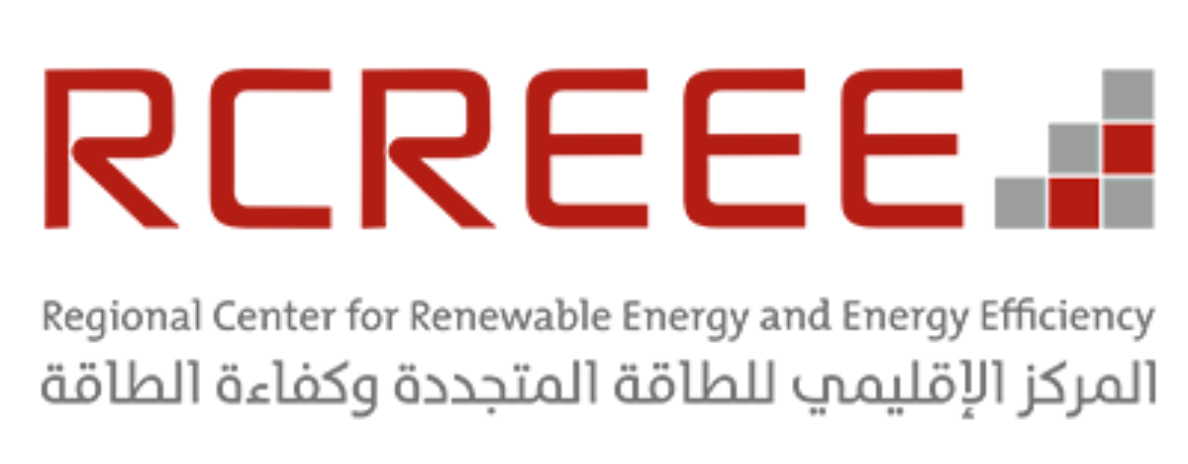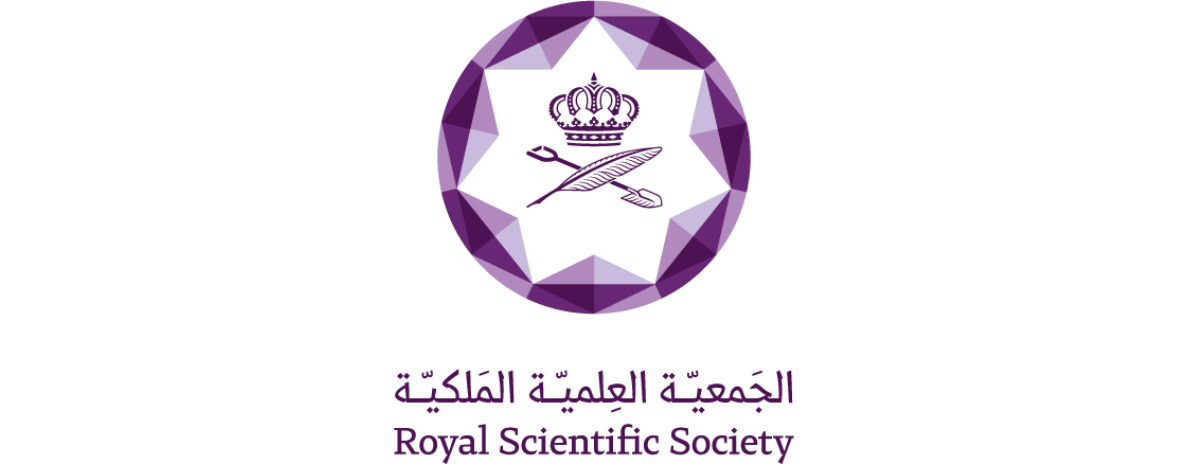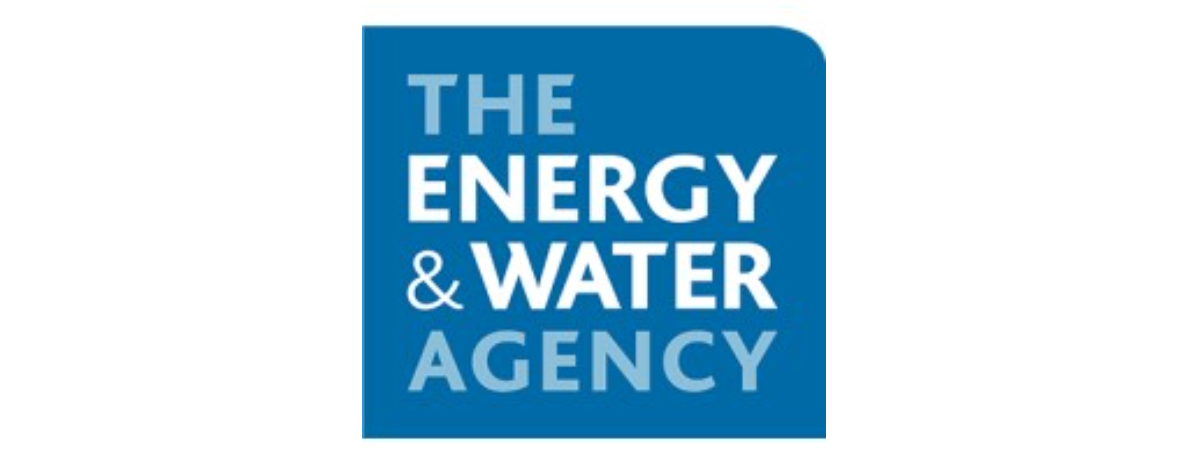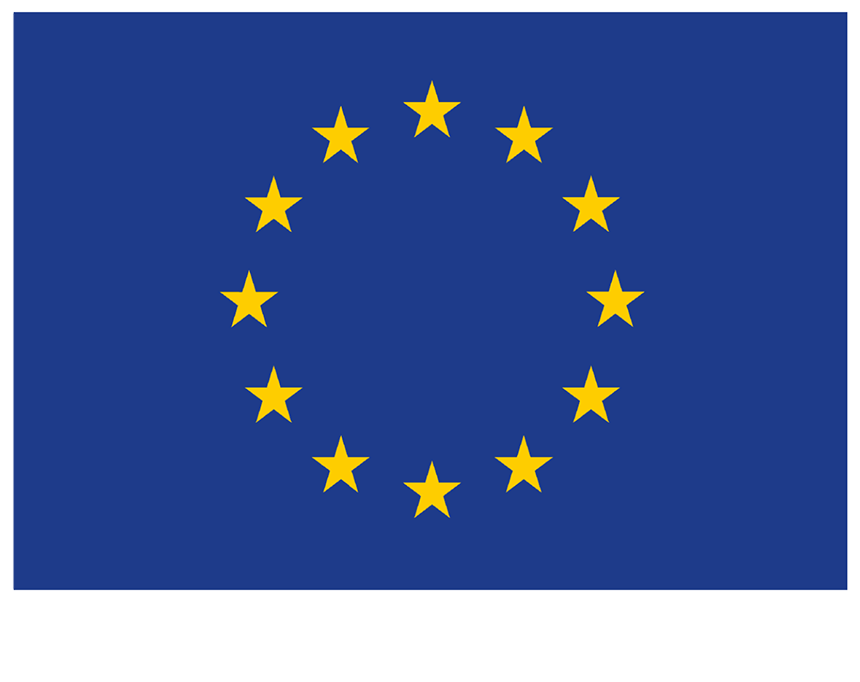About
meetMED WEEE Management Tool
- Understanding the current status of WEEE management in the eight Arab countries.
- Learning from international best practices to establish effective collection, recycling, and disposal systems.
- Strengthening national policies and regulatory frameworks for WEEE management.
- Encouraging collaboration between governments, the private sector, and civil society to improve e-waste management.
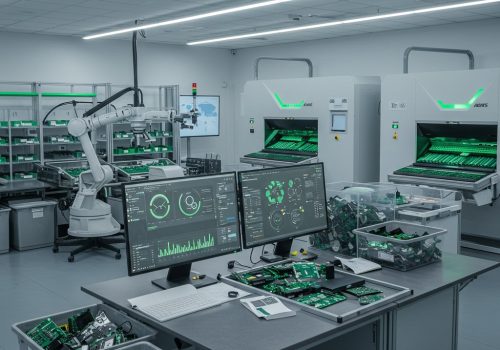
Objectives of the Tool
Support Policy Development
Provide insights into existing WEEE legislation and recommend regulatory improvements
Enhance Technical Knowledge
Offer guidelines for establishing efficient WEEE collection, recycling, and financing mechanisms
Facilitate Regional Cooperation
Enable knowledge-sharing among governments, industry players, and stakeholders.
Promote Awareness
Educate consumers and businesses about the importance of responsible e-waste disposal.
Encourage Innovation
Highlight new technologies and business models for sustainable WEEE management
About meetMED II
The Mitigation Enabling Energy Transition in the Mediterranean region (meetMED) project is an EU-funded initiative, developed by the Mediterranean Association of the National Agencies for Energy Management (MEDENER) and the Regional Centre for Renewable Energy and Energy Efficiency (RCREEE).
Following the success of its first phase (meetMED I, 2018-2020), the meetMED project has entered its second phase (meetMED II) with the aim of enhancing energy security in Algeria, Egypt, Jordan, Lebanon, Libya, Morocco, Palestine, and Tunisia, while fostering their transition to a low-carbon economy.
Key Focus Areas of meetMED II
meetMED II contributes to creating stable, efficient, competitive, and climate-resilient socioeconomic contexts in the target countries








meetMED II contributes to creating stable, efficient, competitive, and climate-resilient socioeconomic contexts in the target countries by:
- Massive deployment of renewable energy and energy efficiency (EE) measures in the building and appliances sectors, accelerating the clean energy transition.
- Raising public awareness on major energy challenges, encouraging greater public and private sector involvement in adopting energy-efficient solutions.
- Strengthening regional cooperation through harmonized policies and multiscale, multi-partner approaches at both local and regional levels.


